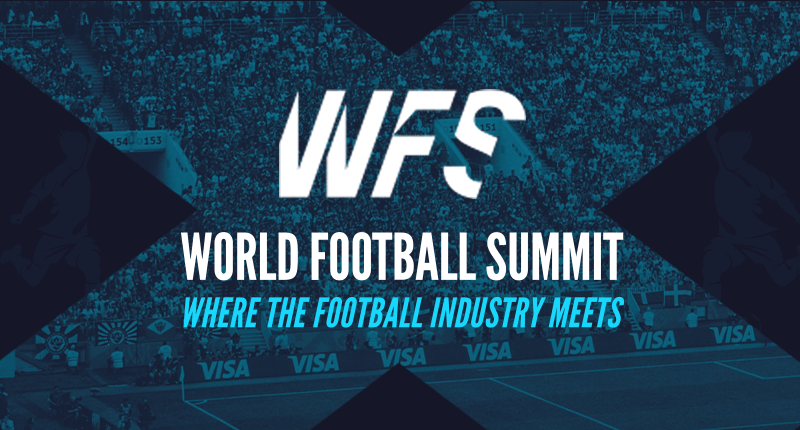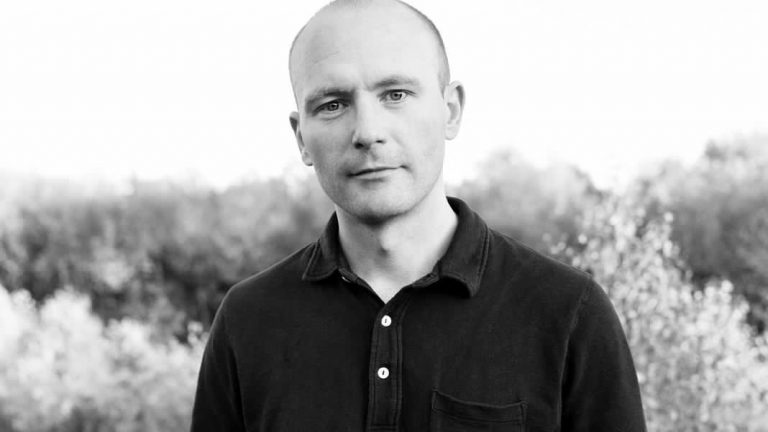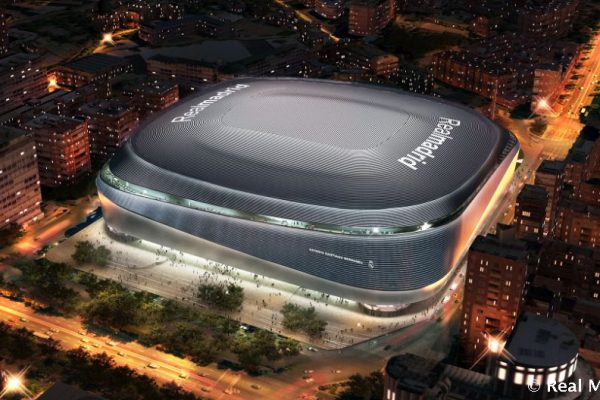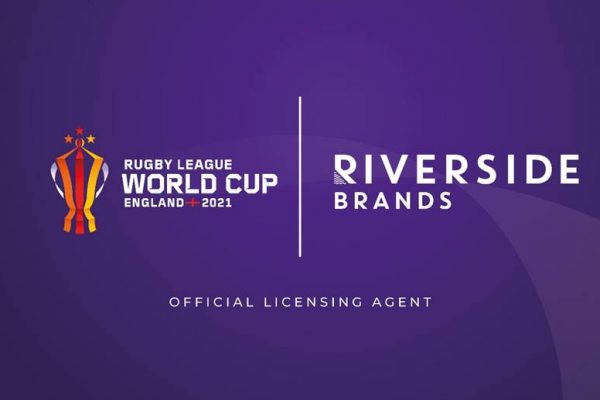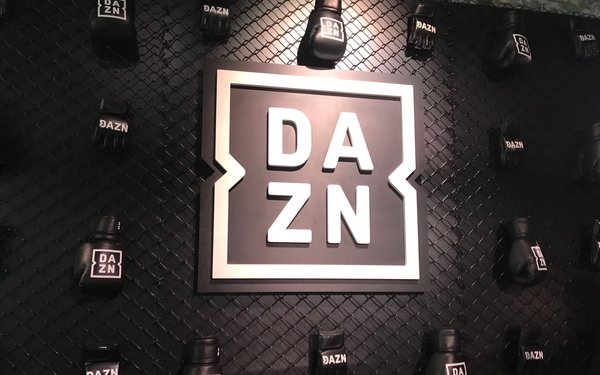Alex Coulson was recently named as Managing Director of National Student Esports (NSE). Previously, Coulson led Sport Industry Group for the last seven year which under him has expanded significantly and now boasts an impressive and diverse group of properties, all aimed at developing, inspiring and nurturing the entire sport industry. Coulson will now focus his time on NSE, the official body for university esports and the largest grassroots gaming community in the UK. The Playknox spoke with him to know more about him, his new role among other industry trends. Excerpts:
Tell us about your background Alex.
If I work backwards , I’m now the full time Managing Director of NSE which stands for National Student Esports which is the official university body for esports. Previously, I was Managing Director of Sport Industry Group for seven years and have just recently moved to an advisory role with them. Sport Industry Group is a bit like the unofficial trade association for the sport sector in the UK, but very much with a global reach celebrating everything the industry does. We’re known for our editorial Daily News, our networking events, Sport Industry NextGen which is the leading professional development programs for the sector, and potentially, best known for running the Sport Industry Awards, which is the largest commercial Sports Awards in the world and this year celebrated its 20th anniversary.
I have always worked in the sport sector; I come from a sports communications background and previously worked at a number of different agencies for best part of a decade. The last agency I was at was IMG and I was Director of PR and social media in what was the consulting division and it’s now sort of transformed into 190over60 . My clients included a huge amount of sport, sporting sponsors/ events, International Federations, national governing bodies looking for communication strategies, and sometimes just straight up sports brands and more traditional sports PR.
Do you think sports organisations have become more innovative in these past two years?
I think we’ll probably start seeing more of that coming out now. I think the immediate focus for a lot of organizations was simply survival. The sports bodies and the organisers of tournaments and leagues – for a lot of them focus was how to make sure we are here at the end of the pandemic.
It is also harder for larger organizations that have responsibilities at multiple levels because they might be running a league and trying to engage fans at one level but also at another level, they’ll be in charge of delivering grassroots for the mass participation of sport and all the social benefits that provides. I think what’s also interesting is there’s sort of innovation that comes with new formats, and there’s a sense of freedom actually if you’re creating a new product. You can start with a product that’s actually built for the modern day, whereas if you’re in charge of a sport which has hundreds of years of heritage it’s much harder to adapt quickly. And often those organizations have multiple stakeholders and often going to have a lot of bureaucracy so quick, fast paced change is not always easy.
You reckon esports is here to stay?
Esports will continue its rapid rise. esports has been around a lot longer than the pandemic and it’s certainly here to stay. I don’t think esports itself was immune to the impact of Covid-19 because budgets were cut and that wasn’t helpful. Also, a large part of esports itself is physical events as well and that’s often the pinnacle, so for instance players’ abilities to travel was impacted due to Covid-19.
esports is as much as a kind of competitor for sports fans’ attention, as is any other sorts of anything that they might choose to do with their spare time, whether that’s watching Netflix or engaging in other activities and hobbies. Yes, I think so esports will continue to grow.
We at NSE are all about the grassroots community and supporting the student community. A lot of people in esports are focusing on the big eyeball numbers as it’s so attractive when you see in these reports with somewhat surprisingly large reported numbers of people around the world watching esports and there’s a natural fixation on that because with that comes media interest, people think of advertising, the advertising dollar.
But for us it’s about having an active player base – we’ve now got the largest grassroots gaming community in the UK but the numbers are nowhere near that the crazy numbers of some sort of global events, but it’s a different proposition for partners whether they be endemic or non-endemic sponsors who are interested in the student community.
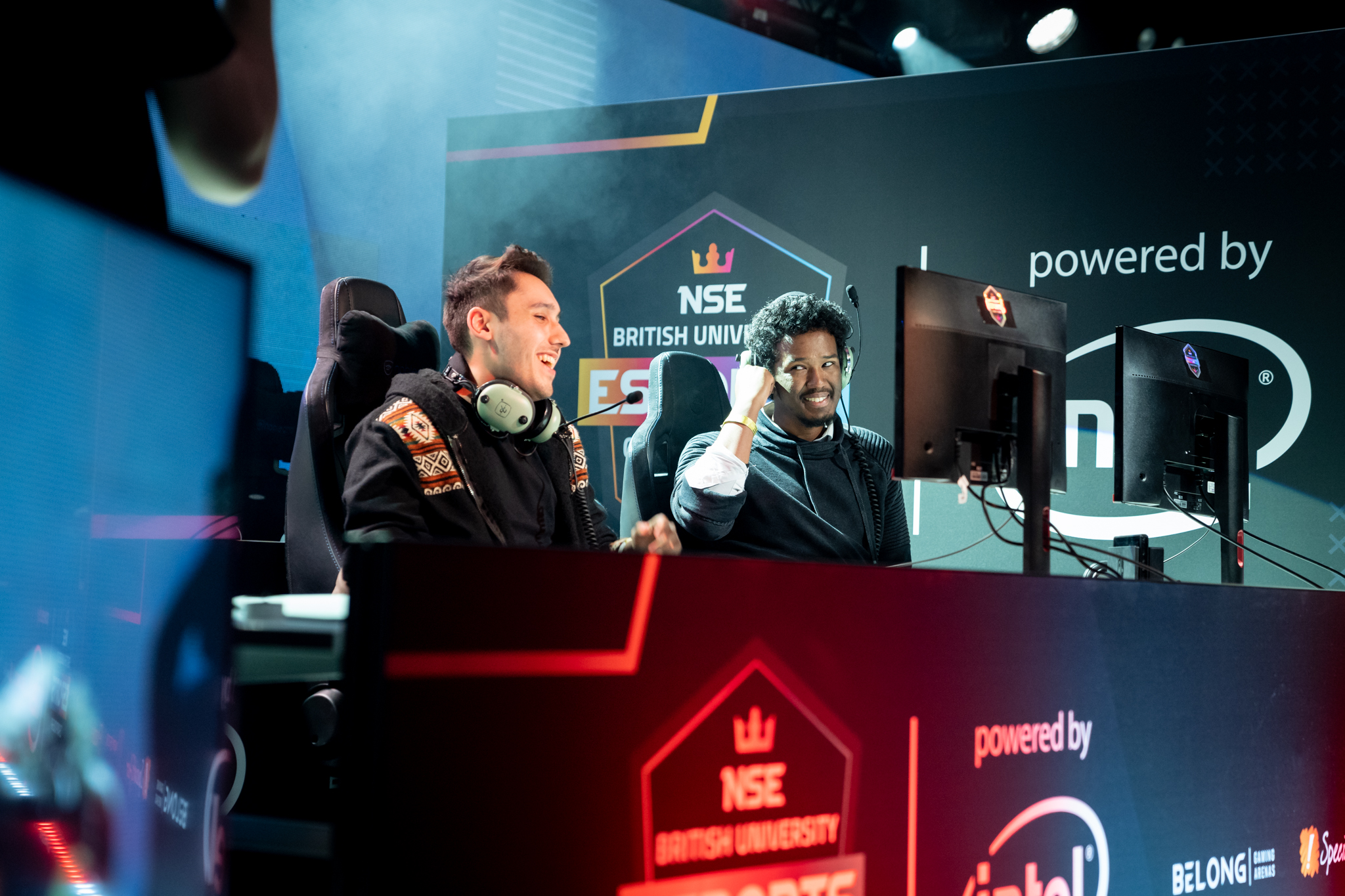
What are you planning to do in your current role?
Since January I’ve been working across both Sport Industry Group and NSE but it’s only since October that I have been able to focus fulltime on NSE. For me, I’m lucky to have joined NSE as we have a really a brilliant team in place who are fantastic, delivering for our community across our core product which is the British University Esports championship. So that’s continuing now, we’re just going into a new season and student Signups are happening. And there’s a growing community around that and then there’s a lot of initiatives we have put around the community as well.
So I’m supporting and helping the team develop that and then new areas that we’re looking at – one area of interest for us is the alumni, we’re now at a point where we’ve got a good group of alumni who’ve been at university and now left but still got a strong affinity with us as an organization. So it’s how can we help them, what can we put in place to allow them to play esports – not because they’re trying to be the best player in the world but for them it’s a huge part of their social community, it’s social cohesion for them. They had it at university, how can we continue to help them have it as a venture into the world as young professionals. So that’s a big focus for us and there are lots of opportunities around that.
And then another area is addressing our communities and to always make sure, we’ve got as many offerings as possible for every single person that might be a part of that community to make it as welcoming and diverse as possible. And that’s something that everyone in esports and frankly sport needs to think about more.
And then a third area – when we first started with NSE, there was a bit of reticence from some from people who didn’t really understand esports. And a lot of universities had a really vibrant community within their campus but they just didn’t know about it, or they weren’t really sure what to do with it. And so sort of ignored it, but then it was just left to one side. Now academic institutions understand the huge value that esports has on campus, not necessarily because they offer esports degrees but just because of the benefits it brings the students, both in terms of technical and social skills, and just general enjoyment and happiness.
So they understand that they need to make sure they’ve got a good provision of esports and think what does that look like. An immediate assumption is you need to spend hundreds of thousands of pounds on computers, but they don’t always really know what they actually need. So we’re now starting to work with a number of academic institutions and groups, and universities in the UK and internationally who have seen what we’ve built with NSE and are also looking for some advice about what they should be doing in this space to for two main reasons – one to provide for their current student community but to also to help attract admissions for future. Especially the UK universities that are very interested in international students from India, from China, where we have lot of international students and they pay higher fees to the UK universities. Therefore, having a good esports proposition really helps attract students.
What do you think the challenges are going to be for you?
I’ve gone from an industry that I’ve grown up in and now I’m working in another area. It really was a very different community but there are definitely transferable skills. The baseline is nurturing the community – one was the sport business community and now it’s a student community.
Now my role is different, I don’t try to be a part of the student esports community. We have amazing people in our team, who have come through that process, and live and breathe it and are really in there with the community and understand everything they do so I’m not there to kind of play that same role because I wouldn’t be any good at it and that’s not a good use of my time.
I’ve gone from an area of knowing lots of people in the business community and using that to help us as a business and help our partners and help grow their network to much more be looking at it from us at a slightly different level. Now I’m thinking about what are the opportunities for NSE and for the student community, and also what are the commercial opportunities that for us as a business.
But ultimately, everything we always do is 100% student-first approach so any partner that we work with are still really proud to demonstrate how they can add value to this community beyond just the financial backing which is important, but also what, you know, what can they do to help individuals, students, or the university societies. And then it’s about, what are the new opportunities for us, and I touched on earlier with three new areas and pushing more on them. We’ve got our core foundation of the British University Esports Championship and that will remain a bedrock of what we do, but what else can we get into and where are the opportunities that might be two years, three years, five years down the line.
NFT’s – here to stay or a fad?
I understand why people are investigating it so thoroughly because not just the commercial teams but everyone is trying to think about where the new form of revenue is coming from and what that might look like and people don’t want to miss out on opportunities so it makes sense to investigate it. I think it may be something that continues for some time, whether it’s a kind of a core focus and a core driver of revenue for many organizations is still to be seen. There’s certainly some headline grabbing figures that are being sold but I guess we’ll have to see what the subsequent sales are and see if they hold their value.
Are you planning to come up with initiatives campaigns to attract more women to the sport?
Absolutely! We have a predominantly male player base, but there are some encouraging signs there. When it comes to leadership positions within the student societies, the ratio, there is much better. In fact, four to one male to female leadership positions in the societies and it’s a lot more male dominated in the player base. What that’s telling us is, there are lots of women within the community who are really keen to be involved, and are very prominent and powerful figures within the community, they’re the Presidents and Vice Presidents of some of the biggest leading organizations that we have within our community in the student societies on campus. So how can we translate that into more players taking part.
We also have encouraging programs for them to participate. We run a program with our partner Intel called ‘Intel FutureGen’ , where effectively we take a small cohort each year who are interested in pursuing a career in esports, and it’s a bit like a professional development program for them where they get to meet industry experts and so on. The gender balance in that is 50: 50; one to one male to female on that program. But I really want to shift that male player base and there are things that we’re doing as part of the community overhaul, we’re creating new events to specifically for women and non-binary students to take part, not just to compete there however but to learn about the games. As well providing a place for women to play it’s equally if not more important to ensure newcomers can learn about the games, learn about the community, and get involved in an environment that they feel comfortable in. So that’s definitely an area for improvement and one that I will be working hard to make sure we improve.
The advantage and attraction for commercial sponsors, especially those outside of esports – sometimes esports has a reputation for inappropriate language and things are not as welcoming as you might expect. We are so strong on that with our code of conduct with how people have to adhere to it and pledge to each single element of it, but also there’s a huge amount of accountability. Every single person that plays in our community is linked via their student email address and we verify those email addresses every single year. So there is no anonymity in student esports. We want them to play amongst friends.


